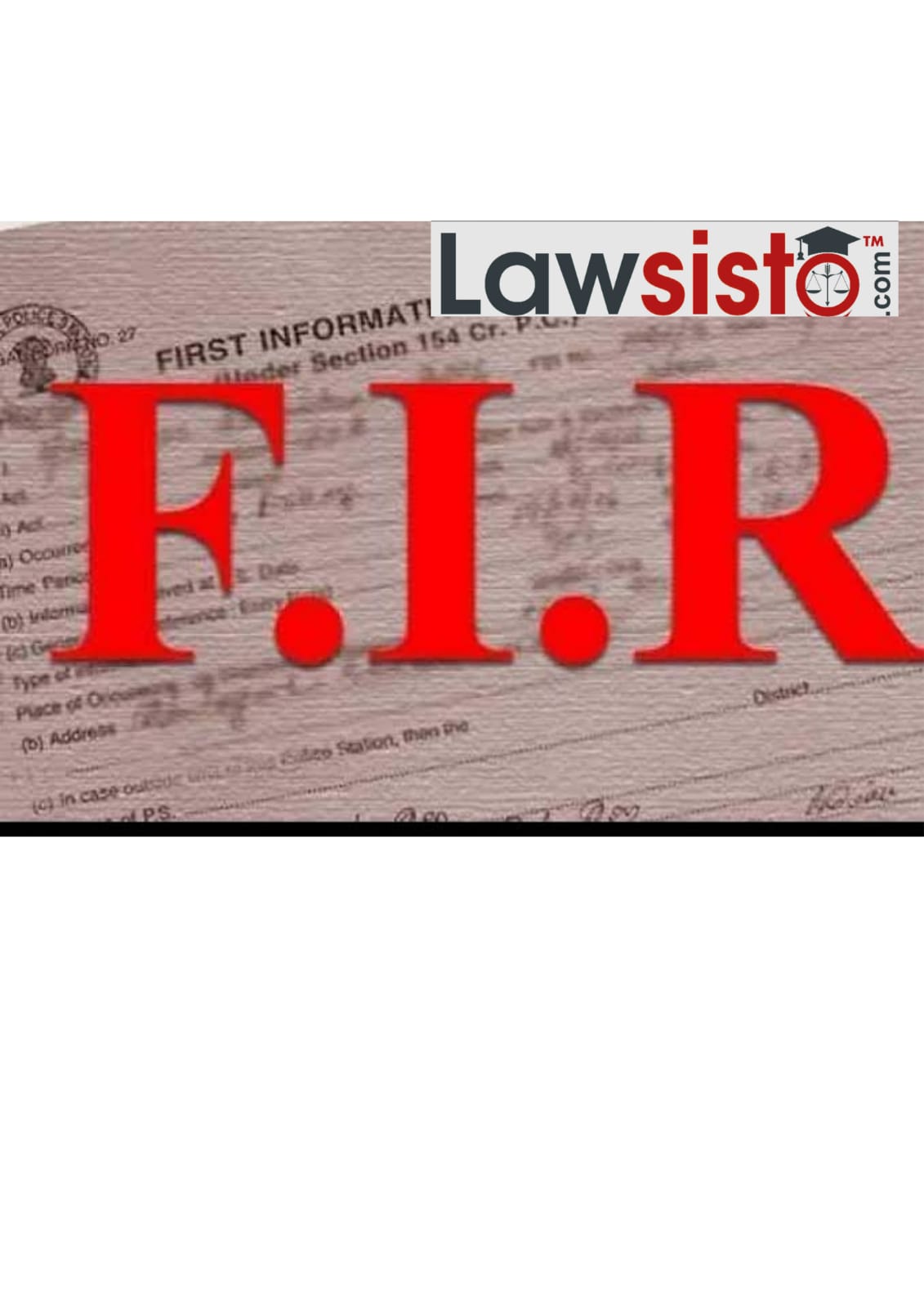Latest News
Multiple FIRs on same incident not permissible

Permitting multiple first information reports (FIRs) on the same incident by the very same complainant would be hit by the doctrine of sameness and cannot be allowed, the Karnataka High Court said while quashing the second FIR against BJP workers in relation to the same incident [Byre Gowda vs Nisar Ahmed].
Justice M Nagaprasanna ruled that a complainant cannot be permitted to improve on the earlier complaint by filing a new complaint bringing in new offenses in relation to the same incident.
The court said that once having registered a complaint on a particular premise of an incident, it was not open to the complainant to have registered another complaint on the very same incident regarding what happened during the very same period. The complainant cannot be permitted to improve on the earlier complaint and as an afterthought bring in other offenses in the second complaint becoming a second FIR on sameness. It would amount to permitting multiple FIRs’ on the very same - incident, time of the incident, date of the incident, and by the very same complainant. It would be hit by the doctrine of sameness as held by the Apex Court.
The Court was hearing a plea moved by BJP workers seeking quashing of a second FIR registered against them by the same complainant in 2018 during the State assembly elections. On April 18, 2018, the complainant Nisar Ahmed had registered a complaint alleging that BJP had unauthorisedly put up a lot of buntings on the occasion of the arrival of Home Minister Amit Shah.
Subsequently, the buntings put up unauthorisedly were ordered to be removed by a Health Inspector of the Municipality at Hosakote, Nusrat Banu. However, it was alleged that the petitioner along with others abused the officers in filthy language and one Ashok physically assaulted the complainant. On the basis of this incident, two separate complaints were registered on the very same incident of removal of buntings by the very same complainant. Aggrieved by this, the petitioner moved the High Court seeking to quash the second FIR and proceedings initiated pursuant to that.
Senior Advocate, Sandesh J Chouta representing the petitioners, argued that the incidents which led to the registration of complaints happened between 6 am and 9 am at the same place. Therefore, there can be only one complaint on this incident and there cannot be multiple complaints about a solitary incident.
On the other hand, the counsel appearing for the complainant countered that two FIRs are permissible on the two incidents as they are with respect to different allegations. One happened when the buntings were sought to be unauthorisedly put up incurring offences under the Representation of People Act or the Disfigurement Act. As the officers were assaulted, on the same day, this became the crux of the second FIR. Both parties relied upon a series of Supreme Court judgments to strengthen their submissions.
The Court placed reliance on the Supreme Court judgment in Krishna Lal Chawla vs. the State of UP to observe, that if the law that is laid down by the Apex Court in the afore extracted judgments is considered, what would unmistakably emerge is, registration of the second FIR on the same incident would be hit by the “doctrine of sameness” and will have to be annihilated as it would amount to improving the facts and the case in the subsequent complaint on the same incident. On the bedrock of the principles laid down in the afore-extracted judgments of the Apex Court, the case at hand will have to be considered.
A counter-complaint, the Court said, is always permissible on the same incident as there can be complaints and two FIRs if it is a case of complaint and counter-complaint or a case of consequential complaint.
However, the court note that this was not the case in the present matter.
The court said that if both the FIR in Crime No.223 of 2018 and FIR in Crime No.224 of 2018 are read in juxtaposition, what would unmistakably emerge is that, both the complaints are by the very same complainant, which pertains to the same incident and same time and date of the incident.
Therefore, it proceeded to quash the second FIR.
Document:



































































































